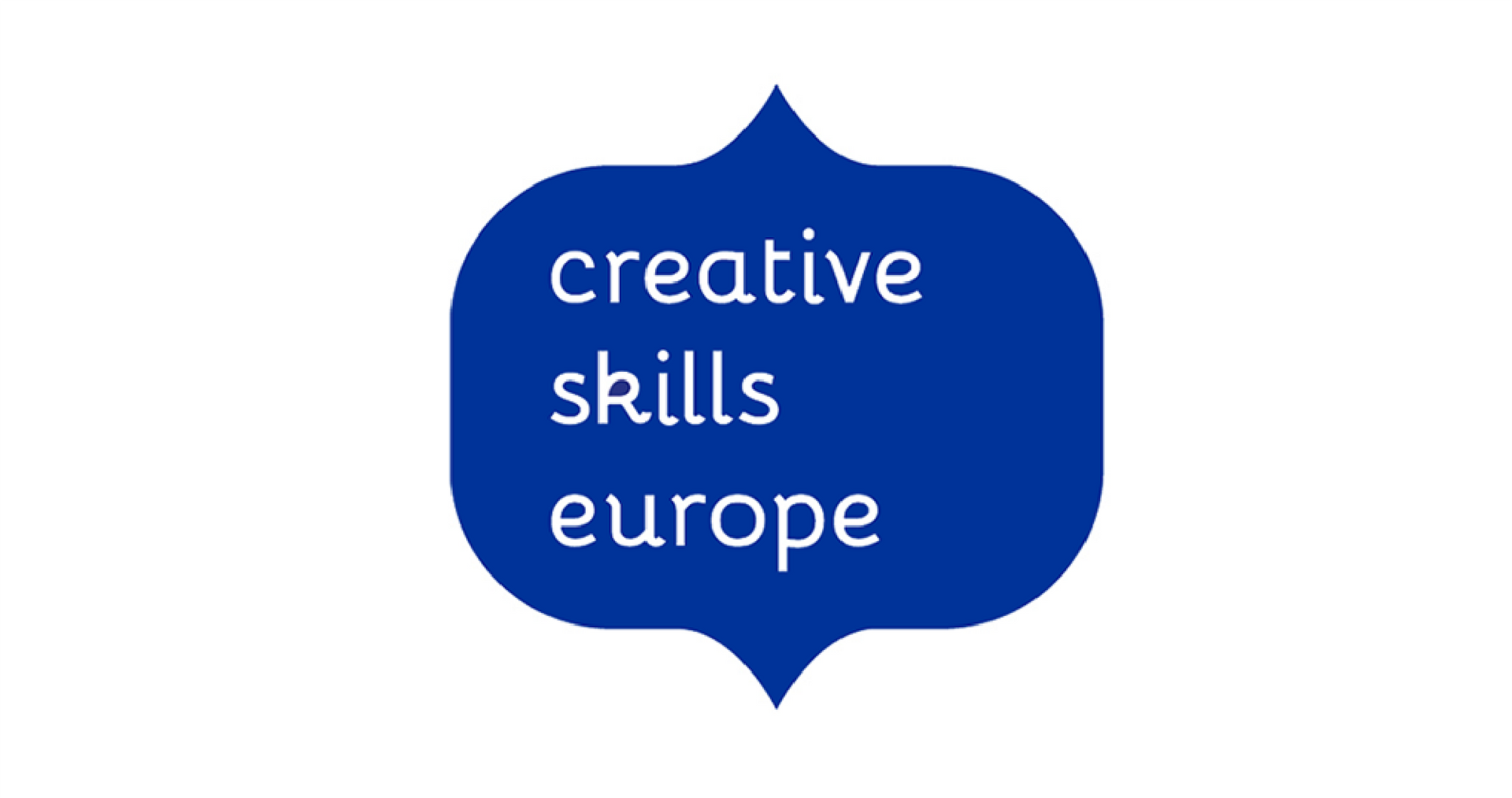
Creative Skills Europe
Creative Skills Europe, the European Platform on Employment and Training in the Audiovisual and Live Performance sectors, in which mediarte is involved as a member of the Steering Group Committee, is a project which aims at collecting information and at developing tools to help the cultural and creative sectors adjust their skills to the realities of the field.
Ran by a partnership of European trade unions, employers’ organisations, and national skills bodies, Creative Skills Europe looks at creating national and European synergies, and at inspiring new types of actions, both at company level and in a collective way at sector level. Its objective is to steer discussions on the evolving skills needs in our sectors and to promote initiatives to respond to those needs.
In 2017-2018 four thematic workshops were organised in different European cities on the topics of innovation, HR management, the digital environment and the role of social dialogue.
In April 2019, the main outcomes of those exchanges are presented in a publication series.
- A Step Ahead – Training for Innovation
Good practices from across Europe on skills development supporting the structural transformations of the creative sectors - A Safe Bet – Training and Workforce Development
A toolbox for the development of HR solutions supporting skills investment in the creative sector
Best practice, Stages Media
In Belgium, mediarte has developed a training programme named ‘Stages Media’ which makes the link between recent graduates (under the age of 26) and the industry. Our consultants supervise internships in terms of recruitment processes and legal matters, as well as makes sure the professional experience is valuable for both parties.
- It is a New World – Training in and for the Digital Era
Examples of successful training schemes and tools for creative professionals in the digital environment - Joining Forces – Funding our Training Needs
Recommendations for the development of the creative sector training funding schemes
Best practice, mediacademie

In Belgium, the Mediacademie was founded in 2011 by umbrella organisations of the flemish written press sector to improve the offer of media-oriented courses. in 2013 the initiative was extended to the audiovisual sector.
Since 2017, two projects co-exist: Mediacademie Journalistiek (which also covers the online media) and Mediacademie Audiovisual. In 2018, the government of flanders granted 1 million euros to the initiative with the aim of safeguarding a pluralistic media sector through training actions.
mediarte, the social fund of the audiovisual and film production sectors in Belgium, manages the audiovisual department of the Mediacademie. It gives access to a large variety of training schemes - administered by external providers - through a blended learning database. It offers financial support for learning initiatives. It also experiments with new learning formats such as the ‘mediacafé’, an informal networking event aimed at highlighting the sectorial evolutions through real-life cases and best practices.
- Fruitful Co-operations – Access to training through Social Dialogue
Examples of social partners’ initiatives supporting skills and careers development in the European creative sectors
The Belgian model: collective agreements supplemented by public money, was seen as a best practice in Europe.
In Belgium, collective agreements in the live performance, audiovisual and film production sectors foresee the collection of employers’ contributions (0,10% of the total payroll) for the employment and training of ‘groups at risk’. Those ‘groups at risk’ are defined broadly and include professionals whose jobs are changing or are impacted by technology, young job seekers, older workers, etc..
Those contributions are managed and redistributed by mediarte for the audiovisual and film production sectors in Belgium. Our organisation is governed by social partners.
In addition to delivering and funding training actions, mediarte developed a portfolio of activities : on safety and well-being, on diversity and, more recently on career coaching with the project mediartist, etc.). These activities are funded by general schemes, or through specific agreements with public institutions.